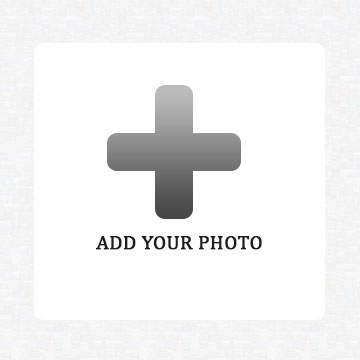Algeria
• 2022 estimate45,400,000 4 (32nd)
• Total2,381,741 km2 (919,595 sq mi) (10th)...
+213
Algerian dinar (DZD)
Algeria,[d] officially the People's Democratic Republic of Algeria,[e] is a country in the Maghreb region of North Africa. It is bordered to the northeast by Tunisia; to the east by Libya; to the southeast by Niger; to the southwest by Mali, Mauritania, and Western Sahara; to the west by Morocco; and to the north by the Mediterranean Sea. Algeria has a semi-arid climate, with the Sahara desert dominating most of the territory except for its fertile and mountainous north, where most of the population is concentrated. Spanning 2,381,741 square kilometres (919,595 sq mi), it is the world's tenth largest nation by area, and the largest nation in Africa.[9] With a population of 44 million, Algeria is the tenth-most populous country in Africa, and the 32nd-most populous country in the world. The capital and largest city is Algiers, located in the far north on the Mediterranean coast.
Inhabited since prehistory, Algeria has been at the crossroads of numerous cultures and civilizations, including the Phoenicians, Romans, Vandals, Byzantine Greeks, and Turks. Its modern identity is rooted in centuries of Arab Muslim migration waves since the seventh century and the subsequent Arabization of the Berber population.[10] Following a succession of Islamic Arab and Berber dynasties between the eighth and 15th centuries, the Regency of Algiers was established in 1516 as a largely independent tributary state of the Ottoman Empire, ruling over much of the country's present-day northern territory. After nearly three centuries as a major power in the Mediterranean, the country was invaded by France in 1830 and formally annexed in 1848, though it was not fully conquered and pacified until 1903. French rule brought mass European settlement that displaced the local population, which was reduced by up to one-third due to warfare, disease, and starvation.[11] The Sétif and Guelma massacre in 1945 catalysed local resistance that culminated in the outbreak of the Algerian War in 1954. Algeria gained its independence on 5 July 1962 and declared the People's Democratic Republic on 25 September of that year. The country descended into a bloody civil war from 1991 to 2002.
Algeria's official languages are Arabic and Tamazight; French is used in media, education, and certain administrative matters. The vast majority of the population speak the Algerian dialect of Arabic. Most Algerians are Arabs, with Berbers forming a sizeable minority. Sunni Islam is the official religion and practised by 99 percent of the population.[12]
Algeria is a semi-presidential republic composed of 58 provinces (wilayas) and 1,541 communes. It is a regional power in North Africa and a middle power in global affairs. The country has the highest Human Development Index in continental Africa and one of the largest economies in Africa, due mostly to its large petroleum and natural gas reserves, which are the sixteenth and ninth largest in the world, respectively. Sonatrach, the national oil company, is the largest company in Africa and a major supplier of natural gas to Europe. The Algerian military is one of the largest in Africa, with the highest defence budget on the continent and among the highest in the world. Algeria is a member of the African Union, the Arab League, the OIC, OPEC, the United Nations, and the Arab Maghreb Union, of which it is a founding member.












